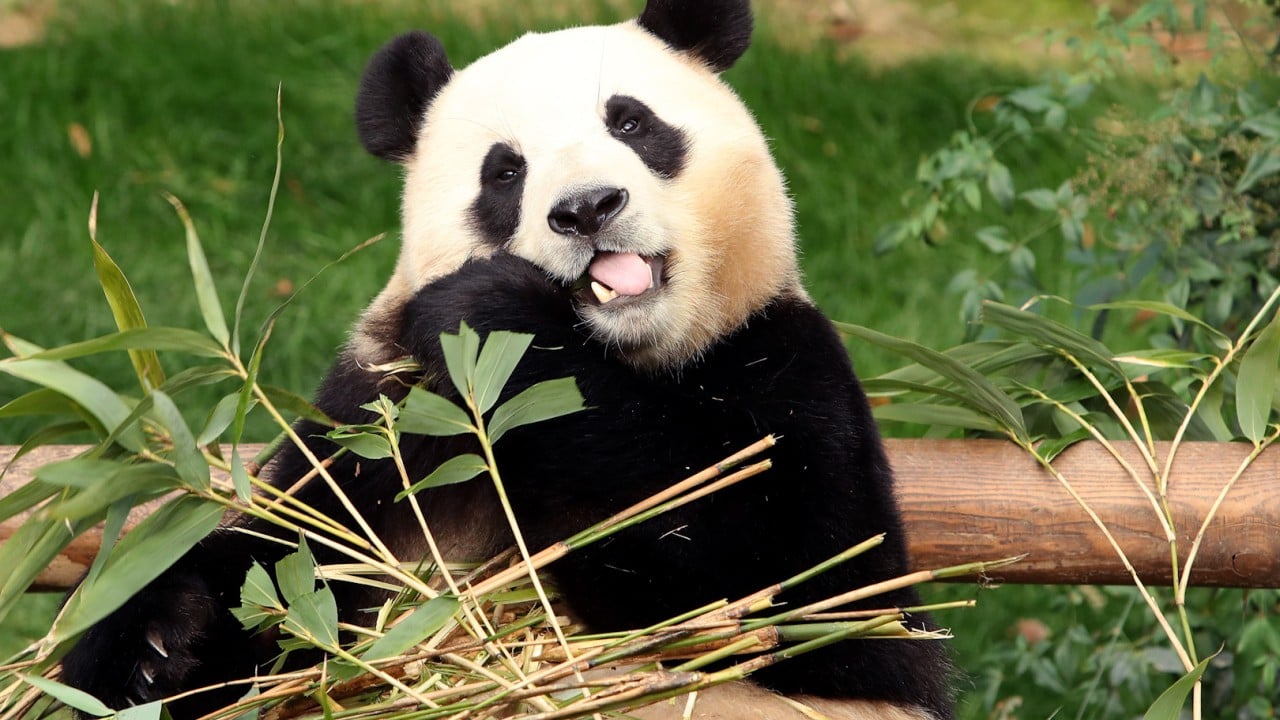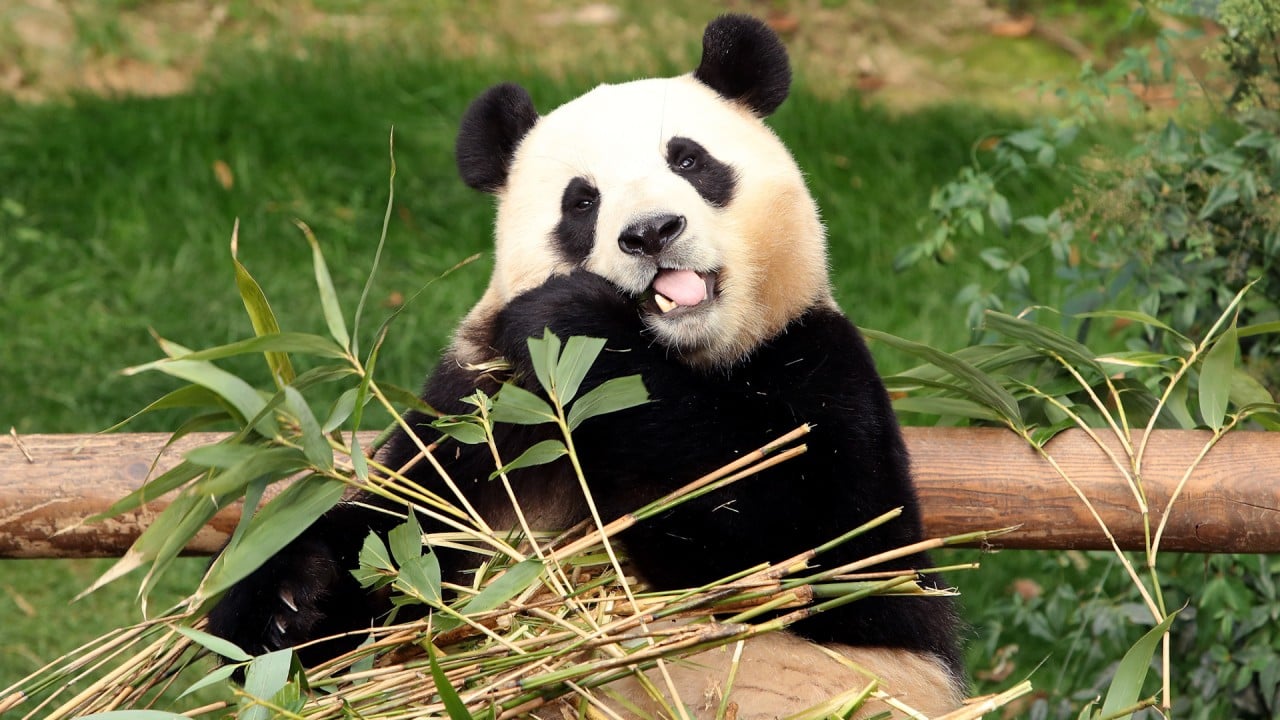On March 18, China condemned South Korea for inviting Taiwan to the third Summit for Democracy, an annual event spearheaded by the United States and its democratic partners. This took place only days after Beijing’s earlier warning to Seoul over its comments regarding maritime tensions in the South China Sea, laying bare the growing strains in China-South Korea relations.
The diplomatic salvo reflects the challenges facing the Yoon administration’s efforts to reset relations with Beijing in the wake of the THAAD imbroglio and Seoul’s tightening trilateral security cooperation with Washington and Tokyo – moves that culminated at the Camp David summit last year. China has made its displeasure clear, with its ambassador to South Korea Xing Haiming bluntly warning Seoul last June not to bet against China.
Yet perhaps more worrying than frictions at the government level is the hardening of public sentiment on both sides. Polling reveals rising mutual antipathy between the South Korean and Chinese publics, stoking concerns about the long-term trajectory of one of Asia’s most consequential bilateral relationships.
A January survey by Hankuk Research found that fewer than 30 per cent of South Koreans viewed China favourably, placing it alongside North Korea and Russia. Strikingly, unfavourable attitudes towards China were strongest among South Korean youth aged 18 to 29, suggesting an emerging generational divide.
This hostility appears to be reciprocated on the Chinese side. A Tsinghua University study in 2023 showed just 14 per cent of Chinese respondents held positive views of South Korea.
The data points to a brewing crisis of sentiment between the peoples of China and South Korea that could prove even more vexing for policymakers than the current official discord.
These deteriorating mutual perceptions are fraying people-to-people ties with long-lasting consequences. One tangible manifestation is the declining educational exchanges between the two countries. According to South Korea’s Ministry of Education, the number of Korean students in China plummeted from 73,240 in 2017 to just 15,857 in 2023.
Steep drop in South Koreans studying in China a symptom of chill in ties
Steep drop in South Koreans studying in China a symptom of chill in ties
The trend cuts both ways. Although South Korea remains one of the top destinations for Chinese students, their share of the international student body has declined in recent years, reportedly ceding the top spot to Vietnam last year. Official youth exchange programmes between Beijing and Seoul have also waned since 2018, with China now having fewer than Mongolia.
Beyond education ties, the rapid decline in cultural influence and soft power projection between the two nations is equally stark. For China, a pivotal turning point was the restrictions on South Korean content since 2016 in retaliation for Seoul’s THAAD deployment – a move China saw as undermining its security interests.

South Korean film and television exports to China, once a powerful engine of the “Korean Wave”, fell to just US$34.1 million in 2021 – less than half the 2016 figure of US$78.2 million. This unilateral stifling of cultural exports has deprived Seoul of a once-potent lever of influence.
The number of Chinese language-learners in South Korea has also dropped dramatically. While factors such as declining university language enrolments play a role, the decrease nonetheless deprives South Korea of a critical bridge for deeper mutual understanding.
Emblematic of the souring environment, anti-China and anti-Korea narratives have proliferated unchecked across social media platforms in both countries. For South Koreans on Instagram and YouTube, content attacking China has gone viral. Their Chinese counterparts, fuelled by nationalist influencers, have amplified jeers at Seoul’s tightening cooperation with Washington and Tokyo.
While difficult to quantify, this deluge of antagonistic rhetoric swirling across digital spheres appears to be aggravating societal distrust – a toxic spiral with no clear off-ramp.

Analysts have identified the THAAD maelstrom as the pivotal point catalysing this deterioration in China-South Korea ties. Beijing interpreted Seoul’s decision to host the US missile defence system – primarily aimed at Pyongyang’s threats – as compromising China’s security interests. The ensuing economic retaliation left South Korea whiplashed between preserving its alliance and its economic stability, fuelling a narrative of Chinese bullying.
The Covid-19 pandemic’s devastation provided another accelerant. As the pandemic raged, South Korean public animus toward Beijing reached historic highs over perceptions of gross mishandling of the pandemic. If THAAD sowed doubts, Covid-19’s toll turbocharged the negativity.
Now, Seoul’s tightening strategic alignment under President Yoon Suk-yeol risks entrenching these dynamics. Efforts to reset ties have foundered amid Beijing’s warnings over enhanced security cooperation with the US and Japan.
Why US-Japan-South Korea cooperation should trouble China
Why US-Japan-South Korea cooperation should trouble China
Amid the mounting strains between Beijing and Seoul, preserving robust people-to-people ties will be crucial for preventing a permanent break in China-South Korea relations. An absence of direct exposure can enable the entrenchment of hostile narratives and stereotypes.
As government-level tensions rise, constructive avenues for direct interaction such as tourism, academic collaboration and cultural outreach lay vital groundwork for more positive long-term perceptions and greater trust between people. Moreover, future generations of policymakers with first-hand cultural experiences could serve as invaluable voices, preventing hawks from steering relations onto a confrontational trajectory.
To this end, Seoul and Beijing would be wise to prioritise engagement in relatively apolitical arenas such as youth exchanges, sport and working-level dialogue between governmental affiliates. The “ping-pong diplomacy” that helped thaw US-China ties half a century ago provides an instructive model as the two nations seek to construct sustainable relations resilient to geopolitical vicissitudes.
With the strategic bifurcation of two neighbours straining government-level relations expected to continue, maintaining durable societal linkages is the only way the overall bilateral relationship can endure, and potentially revive, when the winds of geopolitics shift again.
Jinwan Park is a Washington-based foreign-policy researcher and an incoming Schwarzman Scholar at Tsinghua University, China
Zhuowen Li is a Washington-based researcher focused on Chinese political economy and international development



